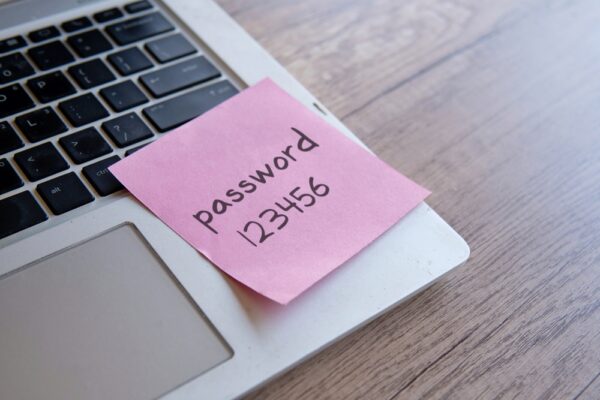
Frequently Asked Questions
Here are answers to some common questions seniors have about banking fees.
1. My bank account has been free for 20 years. Can the bank suddenly start charging me fees?
Yes, unfortunately, they can. Banks can change the terms and conditions of their accounts at any time. However, they are legally required to provide you with written notice of the change, usually 30 days before it takes effect. This notice often comes with your bank statement or as a separate letter, and it can be easy to overlook. That’s why it’s important to review all mail from your bank.
2. My bank doesn’t offer a special senior account. What should I do?
If there’s no official senior account, focus on the other ways to get fees waived. Most standard checking accounts can become free if you set up direct deposit of your Social Security or pension check. This is often the easiest requirement to meet in retirement. Alternatively, see if you can comfortably meet the minimum balance requirement.
3. Are online-only banks safe for seniors?
Yes, as long as you choose a reputable one. The most important thing to look for is FDIC insurance (or NCUA insurance for credit unions), which protects your deposits up to $250,000. Online banks can be a great option for lower fees and higher interest rates. The main drawback is the lack of physical branches, which can be a concern if you prefer in-person service or need to deposit cash regularly.
4. I was charged an unfair fee by mistake. What is my recourse?
Your first step should always be to call the bank. Be polite but firm. Explain why you believe the fee was charged in error or why you deserve a one-time waiver. If the customer service representative can’t help, ask to speak to a supervisor. If the bank refuses to resolve the issue, you can file a formal complaint with the Consumer Financial Protection Bureau (CFPB), which will follow up with the bank on your behalf.
5. Realistically, how much should I be paying in monthly bank fees?
The ideal answer is zero. In today’s competitive banking landscape, there is no reason for most people to pay a monthly maintenance fee for a basic checking account. Between senior accounts, direct deposit waivers, and the options available at credit unions and online banks, a free account is an achievable goal for nearly everyone.
Disclaimer: This article is for informational purposes and is not a substitute for professional financial or tax advice. Consult with a certified financial planner or tax professional for guidance on your specific situation.
For expert guidance on senior health and finance, visit AARP, Alzheimer’s Association and American Heart Association.
|
Fact-Checked Content
Our editorial team reviews all content for accuracy and updates it regularly. Learn about our editorial process →
|


















